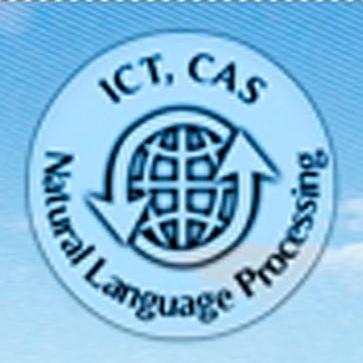Discover and explore top open-source AI tools and projects—updated daily.
mini-omni by  gpt-omni
gpt-omni
Open-source multimodal LLM for real-time speech interaction
Top 13.7% on SourcePulse
Mini-Omni is an open-source multimodal large language model designed for real-time, end-to-end speech-to-speech conversational capabilities. It targets developers and researchers building interactive voice assistants and applications that require natural, continuous spoken interaction, enabling users to talk while the model "thinks" and generates responses.
How It Works
Mini-Omni integrates speech processing directly into the LLM pipeline, eliminating the need for separate Automatic Speech Recognition (ASR) and Text-to-Speech (TTS) models. It leverages Whisper for audio encoding and a proprietary "tts-adapter" (not open-sourced) for audio decoding and streaming output. This end-to-end approach allows for simultaneous text and audio generation, facilitating a "talking while thinking" experience with low latency.
Quick Start & Requirements
- Install: Clone the repository, create a conda environment (
conda create -n omni python=3.10), activate it, and runpip install -r requirements.txt. - Prerequisites:
ffmpeg(viasudo apt-get install ffmpeg),PyAudio==0.2.14for Streamlit demo. - Setup: Start the server (
python3 server.py --ip '0.0.0.0' --port 60808) before running the Streamlit or Gradio demos. SetAPI_URLto the server address. - Docs: Hugging Face, Github, Technical report
Highlighted Details
- Real-time speech-to-speech conversation without external ASR/TTS.
- "Talking while thinking" with simultaneous text and audio generation.
- Streaming audio output.
- Batch inference for "Audio-to-Text" and "Audio-to-Audio".
Maintenance & Community
- Uses Qwen2 as the LLM backbone, litGPT for training, Whisper for audio encoding, snac for audio decoding, CosyVoice for synthetic speech, and OpenOrca/MOSS for alignment.
- Star History
Licensing & Compatibility
- The repository does not explicitly state a license. The use of components like Qwen2, litGPT, Whisper, etc., implies adherence to their respective licenses.
Limitations & Caveats
The open-source version does not include the "tts-adapter," which is crucial for the full "talking while thinking" functionality. The model is trained exclusively on English, though it can understand other languages via Whisper's encoding, outputting only in English. Gradio demo latency may be higher due to audio streaming limitations.
1 year ago
Inactive

 ictnlp
ictnlp nickbild
nickbild senstella
senstella mbzuai-oryx
mbzuai-oryx Nikorasu
Nikorasu maudoin
maudoin dsa
dsa bytedance
bytedance mallorbc
mallorbc gkamradt
gkamradt davabase
davabase rhasspy
rhasspy